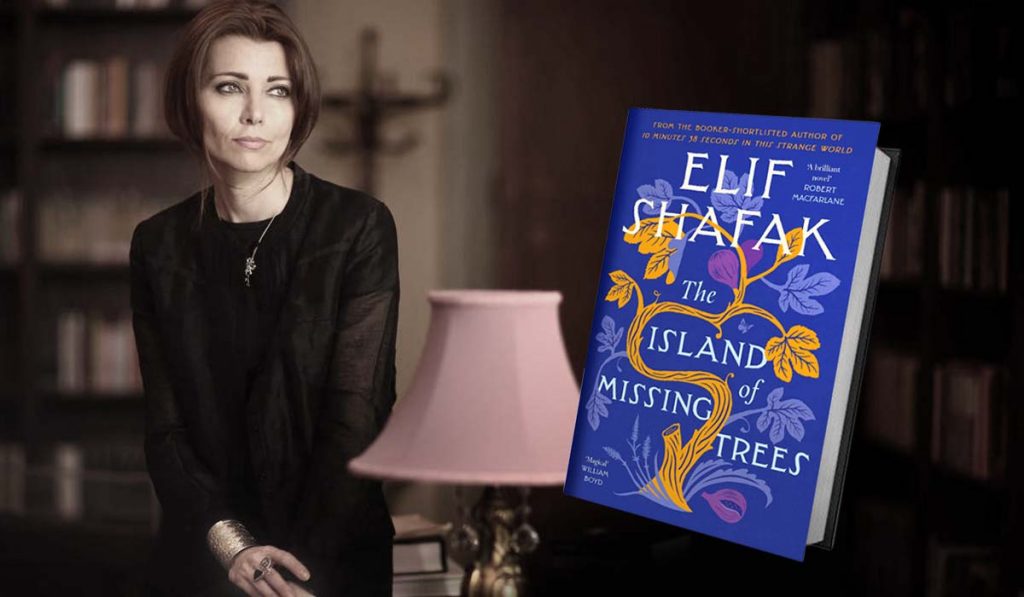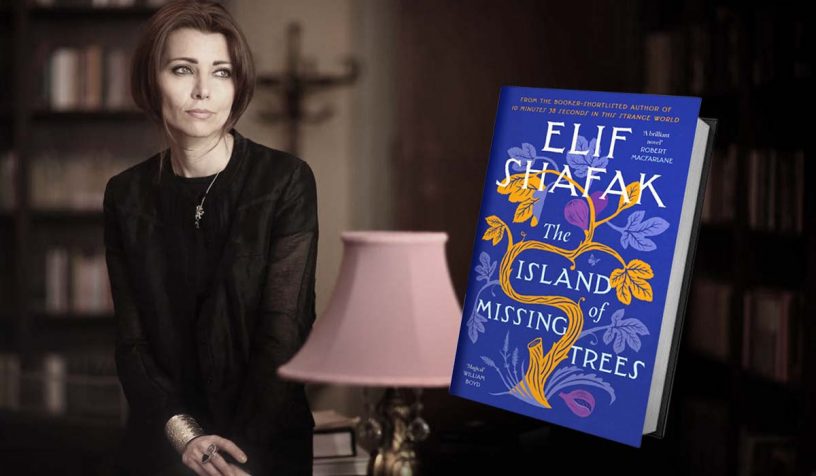
The emotional need to return home, a place where you no longer belong but which you carry within you, forms the crux of Elif Shafak’s new novel, “The Island of Missing Trees”.
Author
Sneha Krishnan, Associate Professor, Jindal School of Environment and Sustainability, O.P. Jindal Global University, Sonipat, Haryana.
Summary
A few days ago, a translated version of Rabindranath Tagore’s poem was doing the rounds on social media.
Day by day I float my paper boats one by one down the running stream.
In big black letters I write my name on them and the name of
the village where I live.
I hope that someone in some strange land will find them and
know who I am.
This emotional need to return home, a place where you no longer belong but which you carry within you, and the intergenerational trauma that precedes and trails the displacement, form the crux of Elif Shafak’s new novel, The Island of Missing Trees. Shafak expands on this sense of belonging and interweaves it with different narrative strands of uprootedness and conflict, when families are forced to flee their homes and countries because of conflict and civil war.
The story begins with the teenaged Ada in London, who has an incident in class one day, and whose days are interspersed with memories of her dead Turkish mother. Her personal history goes back to Cyprus – which gained independence from the United Kingdom in 1960 – and erupting fault lines of love, family and belonging.
Caught in this civil war are Kostas, a Greek Cypriot who is a lover of nature – including trees, bees and bats – and his love for Defne, a Turkish Cypriot. Kostas, madly in love with Defne, a love that their families and islanders will never approve of, leaves the island.
The story is unpacked from these two parallel perspectives and timelines, where Ada’s desperate search for her family’s past in the absence of her mother continues to elude her until one day her aunt, Meryem, arrives at their London home and reinstates the Turkish vestiges of Ada’s upbringing through food, gossip and mystical stories of djinns.
Published in: Scroll.in
To read the full article, please click here.


